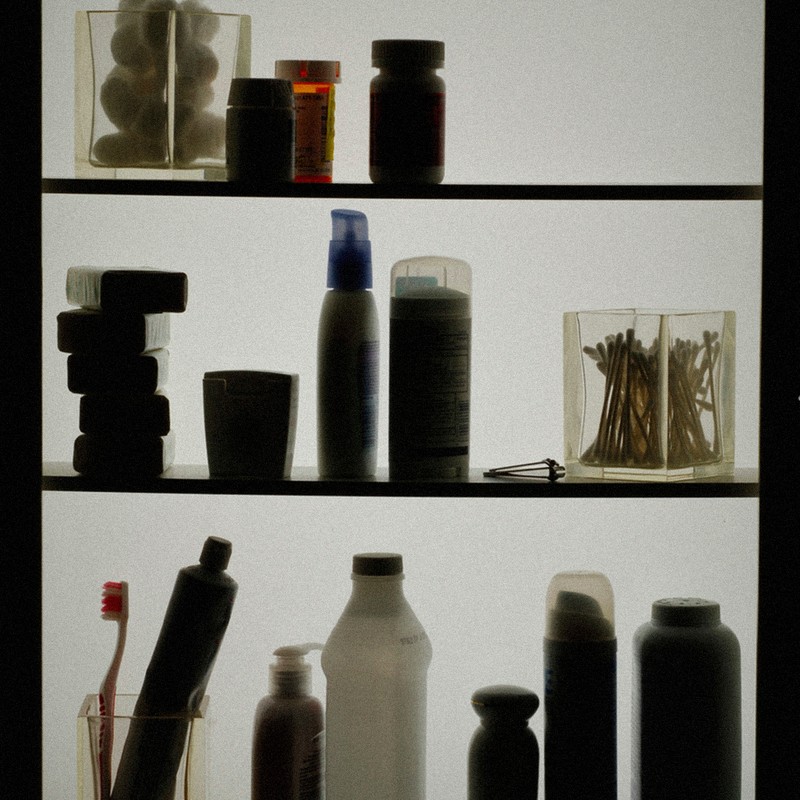
A GP’s Guide To Stocking Your Medicine Cabinet
Don’t Be Lured By Big Brands
“Pharmacy own brands of medicine are just as good as the often more expensive branded options, especially when it comes to simple painkillers such as paracetamol and ibuprofen. There are tight regulations to ensure the active ingredients in these medicines are the same. There are, however, a few prescription medicines where a change in brand can make a difference, but when it comes to standard medication, own-brand is absolutely fine.” – Lucy Hooper, GP and partner at Coyne Medical
Know The Basics
“The most basic things everyone should have in their cupboards including paracetamol, ibuprofen, antihistamines, plasters (including sterile gauze and steri-strips for wounds), clingfilm for covering burns, and antacids, such as Gaviscon.” – Lucy
Check The Expiry Date
“Remember all medicine has an expiry date – for most things this is one to two years, although some medicines last for a shorter amount of time. Also be wary of things that only last a certain amount of time once they have been opened, such as eye drops.” – Lucy
Invest In A Thermometer
“A thermometer is an essential piece of kit for everyone right now. However, in terms of possible coronavirus symptoms, if you feel like you have a fever and your skin and chest are hot to touch then that will suffice. Thermometers which go inside the ear canal (also known as infrared tympanic thermometers) are popular and can be used on children and adults – they also have a disposable cover so it’s easy to keep them clean. However, they can be expensive, so it’s worth knowing a simple digital thermometer, which goes under the arm or in the mouth, is just as effective.” – Lucy
Consider Other Tech, Too
“It could be worth buying a blood pressure monitor to use at home if you are someone whose blood pressure soars when they walk into a clinic. My favourite is Qardioarm, which syncs with your phone and makes it super easy for your doctor to see your readings when you go for a check-up; you can also email your doctor your results, too. For people with palpitations (feeling a fast or irregular heartbeat), there is a great gadget called KardiaMobile, which also syncs with your phone and gives you a mini ECG (electrocardiogram) reading. Wearable glucose sensors can also be really helpful in managing blood sugar problems such as diabetes. These are small disc-shaped sensors which can be worn on the skin for several days, with readings stored on your phone or laptop. Some people may find a home fingertip pulse oximeter helpful at home – during the Covid pandemic it was helpful to have patients check this during video consultations. However, if you have concerns about breathing, then a normal reading shouldn’t stop you seeking medical health.” – Lucy
Know Your Painkillers
“Paracetamol is generally the best tolerated painkiller and is effective at treating pain and fever. Ibuprofen has a better anti-inflammatory action, which can be helpful for injuries and sore throats. Aspirin, meanwhile, is useful for headaches and flu-like symptoms, but shouldn’t be used in children. When it comes to treating children with painkillers, make sure you give the correct dose and look out for syrups and melt-in-the-mouth tablets specially designed for young children. If you are unsure what painkillers to take, either for you or your child, your pharmacist can advise.” – Lucy
… But Be Careful With How You Take Them
“The most common mistake people make with painkillers is not taking them soon enough or taking them too often. You should leave four hours in between taking painkillers and you shouldn’t be taking painkillers more than one or two days per month. If you find you’re taking painkillers regularly for the same problem, you should see your GP to identify the underlying cause and treat it correctly. Another common mistake is cutting up pills, which many people do as they find them difficult to swallow whole, however, some pills have a special coating to protect the stomach and they should not be cut up unless your doctor or pharmacist has said it is okay to do so.” – Dr. Daniel Cichi, GP & medical advisor at Doctors 4 U
Stock Up On Supplements
“Try to have a wide range of supplements in your medicine cabinet, such as vitamin C tablets, multivitamins, magnesium, cod liver oil, and vitamin D3 as these can help boost your immune system and strengthen your defence against colds, flu, and other illnesses. This is essential in the era of Covid.” – Daniel
Be Allergy Savvy
“Good antihistamines such as cetirizine and loratadine are available to buy over the counter and should be in your kit. Eye drops for itchy eyes and nasal sprays are also available if you feel you need them. Some people will need to use a combination of these to keep their symptoms manageable. In general, if you are seasonal allergy sufferer it is better to take your medicines every day for a short while rather than wait for the symptoms to build. If they are not settling then see your GP to discuss stronger medicines on prescription.” – Lucy
Prepare For Tummy Troubles
“It’s worth having some antacids in your cupboard, and there is a huge range available in pharmacies and supermarkets. Choose your favourite flavour and if you prefer a tablet or liquid. You can also buy omeprazole over the counter which is a good medicine for reducing the amount of acid your tummy produces. For indigestion which is not settling over a week or two or severe at any time you should check your symptoms with your GP. Tummy upsets are also common during the winter months, so packets of oral rehydration solution are a must. They don’t always taste great, so feel free to add a little juice.” – Lucy
Know How To Treat Minor Injuries
“Simple running water is the best way to clean a wound. Pat dry carefully with clean gauze and then apply a plaster, both of which should feature in your first aid kit. If a wound continues to bleed or you have other worries, for example if something is stuck in the wound, it is better to have it checked. If you can cover the wound and raise it above the level of the heart this can reduce bleeding. When it comes to treating burns, try to remove the source of the burn as soon as possible, running the burn under cool running water for at least 20 minutes. For more severe burns, for example deeper burns, involving chemicals or the face area you should always seek medical advice. If you need to cover a burn then clean clingfilm is the best thing to use at home.” – Lucy
Try Antibacterial Gels
“Aloe vera gel is good to have in your cupboard to treat and soothe minor burns until you seek medical assistance, if needed. Aloe vera is anti-inflammatory and stops the bacteria growing, which should help to prevent the burn from becoming infected. Before this you should run the burn under cool or lukewarm water (never ice cold) for 20 minutes and take paracetamol or ibuprofen to ease the pain. Antiseptic cream is also good to have in the cupboard to ensure any cuts and grazes are treated and less likely to become infected.” – Daniel
Have A Child-Friendly Kit
“For children, try having some gel packs in your cupboard for bumps and bruises. A special metal comb to enable speedy tackling of nits is also worth buying. An antiseptic cream, such as Sudocrem, is also useful for minor grazes and skin irritation for all ages from newborns, upwards.” – Lucy
Brace For Winter Colds
“A lot of the time, colds and flu need to take their course and there aren’t really any cures, however, cold and flu remedies are good to have on hand because they help to lessen the symptoms and help you function normally. Lemsip is popular because it contains two active ingredients, paracetamol which is the painkiller, and a decongestant called phenylephrine hydrochloride. These work together to relieve any pain and congestion and, paired with the lemon flavoured hot liquid, is one of the best remedies for easing cold and flu symptoms.” – Daniel
Store Things Safely
“Having a secure place to store medicines is really important. If you have little ones at home a high lockable cabinet is safest. Even simple things like iron tablets can be potentially very harmful if taken by accident. Don’t forget to check your cabinet from time to time and get rid of out of date or unlabelled medicines. Keeping things in their original packaging is useful so you can easily check the instructions, too.” – Lucy
For more information visit CoyneMedical.com and Doctor-4-u.co.uk
Stock up on these GP-approved essentials…
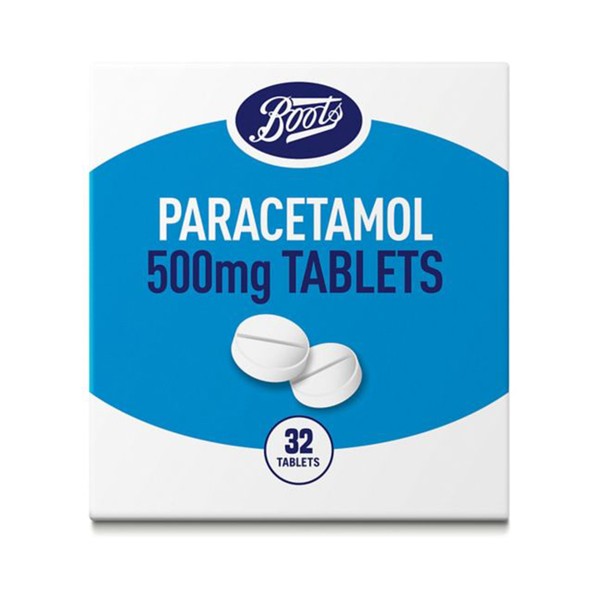
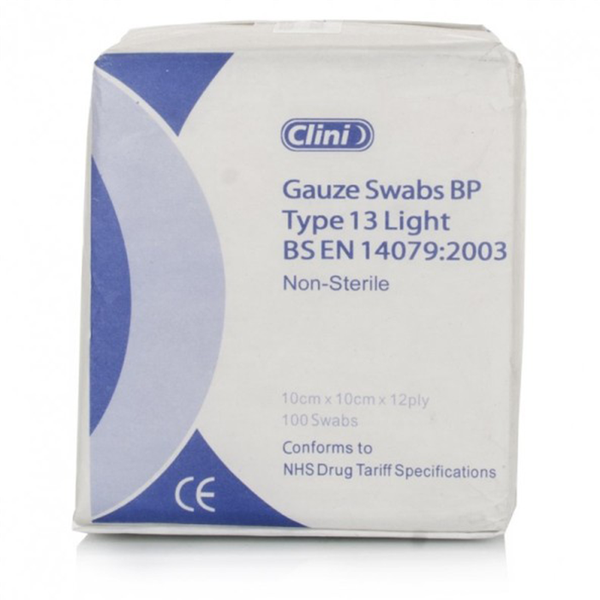
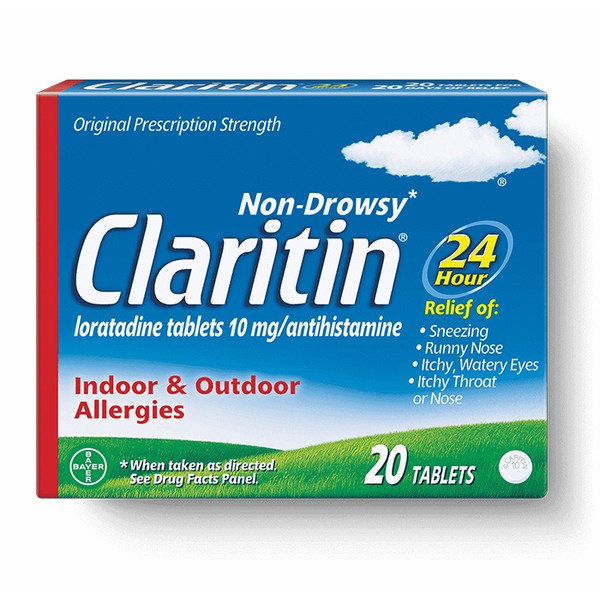
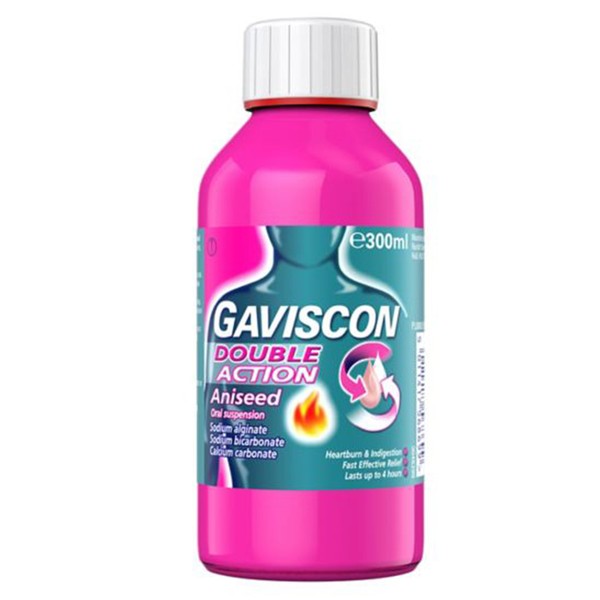
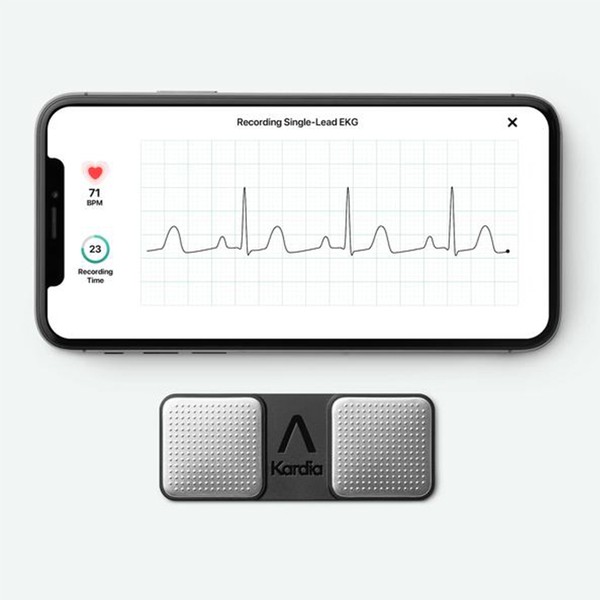
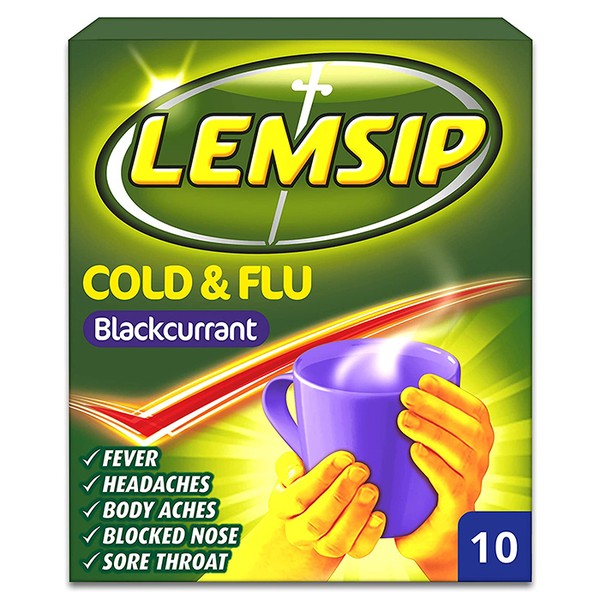
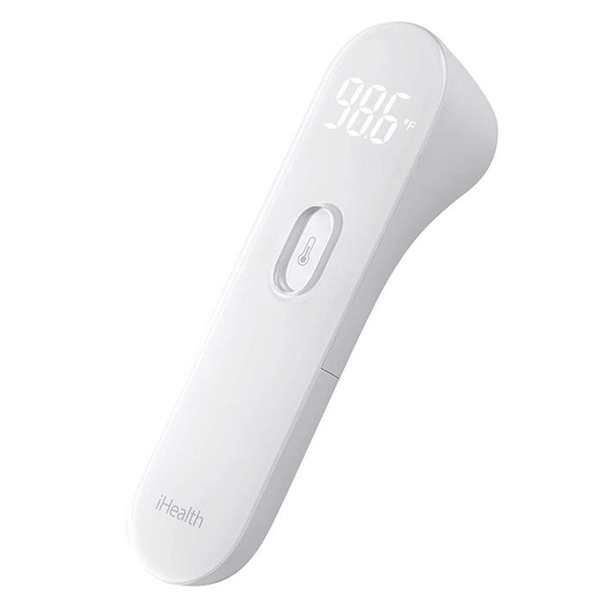
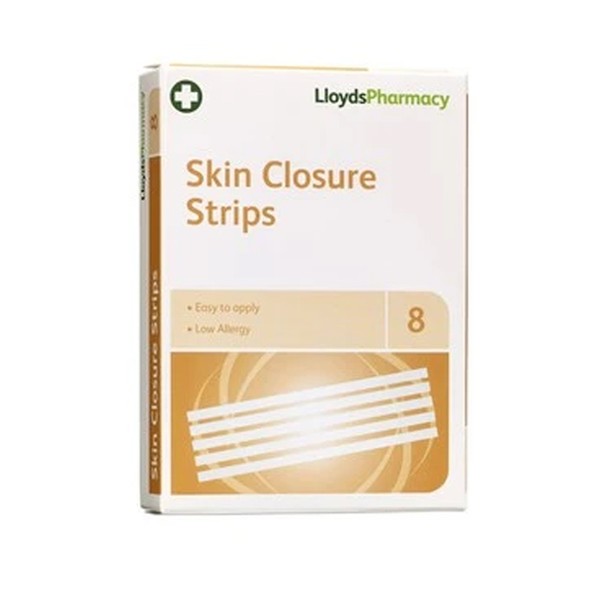
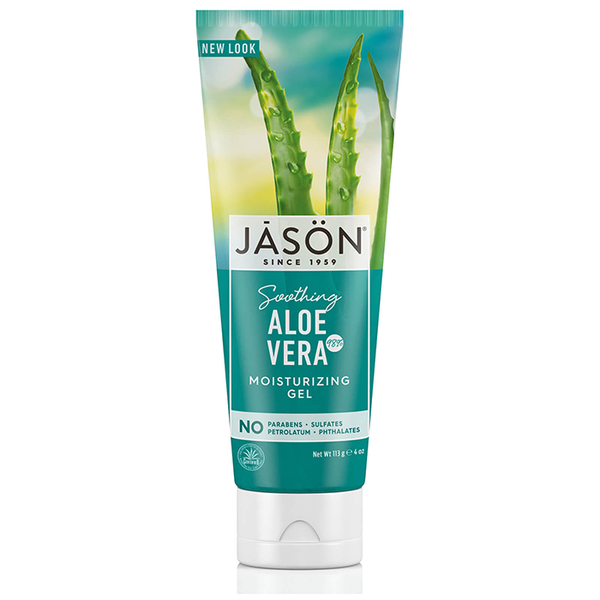
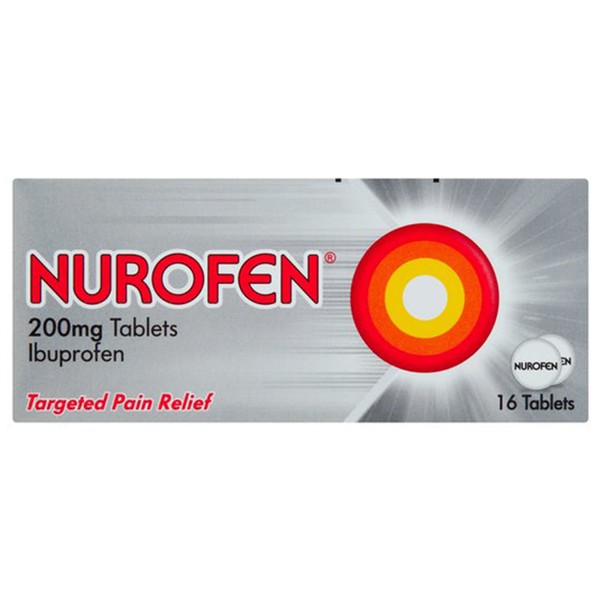
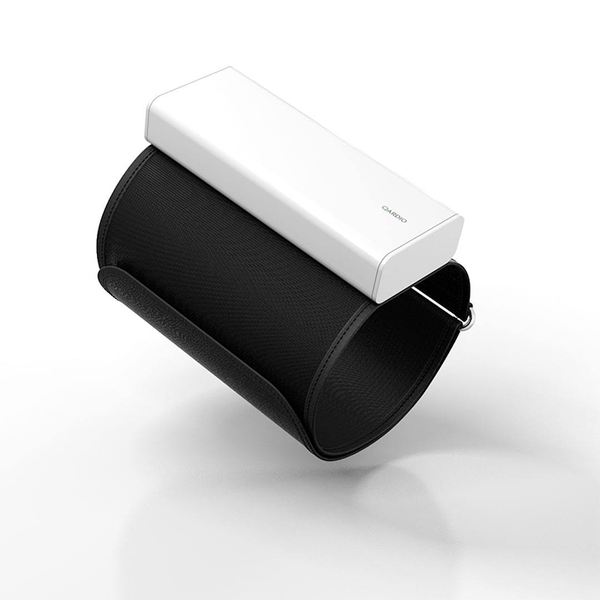
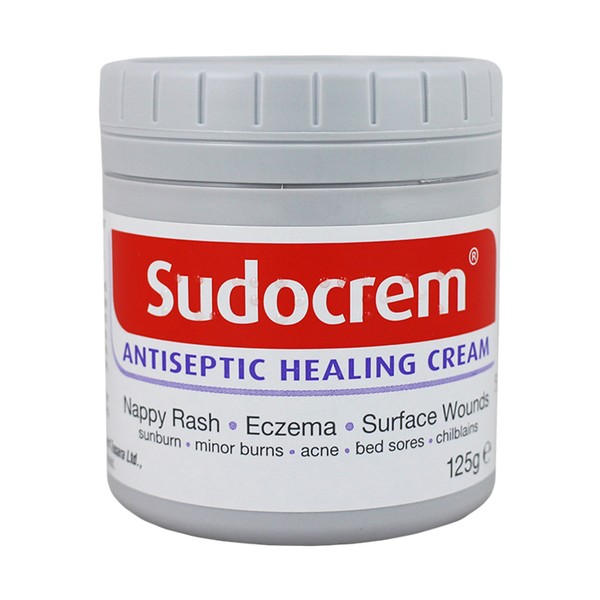
DISCLAIMER: We endeavour to always credit the correct original source of every image we use. If you think a credit may be incorrect, please contact us at info@sheerluxe.com.

